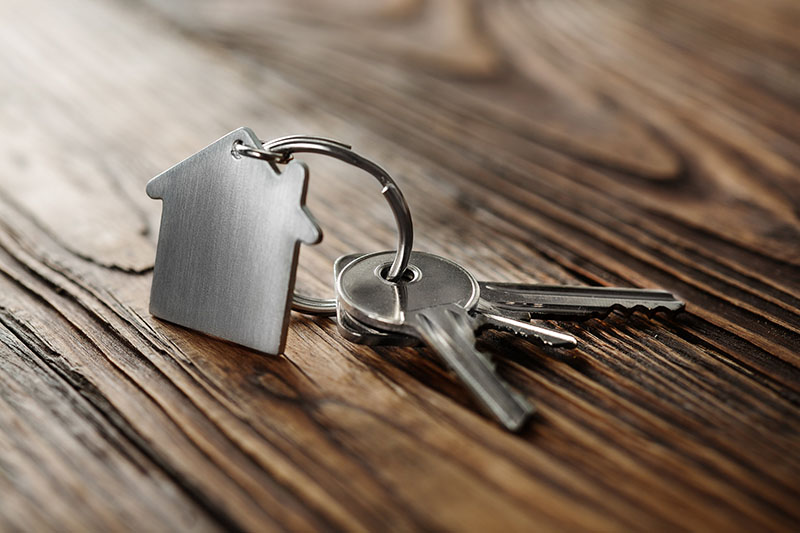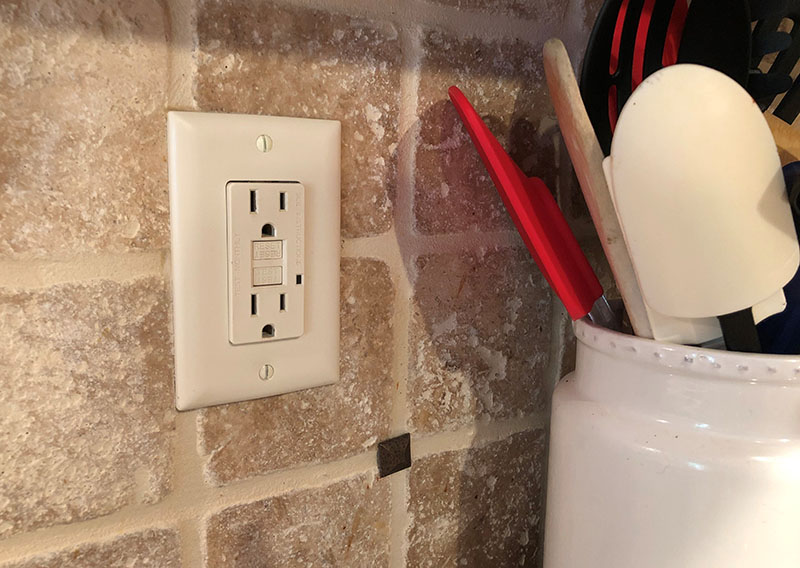Choosing a home with energy in mind

Homes now contain more and more energy technology than ever before. Even updated older homes can contain a smart thermostat or new HVAC system. All of this new technology means homebuyers and renters need to assess all of their energy options when choosing a home if they want a place that’s cost- and energy-efficient and safe.
There are plenty of things you have to do and think about when choosing a house or apartment. You can find a number of walk-through checklists online to help you evaluate your next home. The tips below can help you ensure your home is in good working order – add them to your checklist.
Lights
- Do all of the light fixtures and switches work?
- It can even be helpful to bring a couple of LED bulbs with you to test light sockets with missing or burned out bulbs.
- Remove any fixtures that cover the light bulbs to make sure they are in safe, working condition.
- Old light sockets can wreak havoc on incandescent bulbs, causing the bulb to break with the plug still inside the socket. This leaves the filament out and can pose a safety risk, and broken bulbs are fairly difficult to remove.
Outlets
- For less than $10, you can purchase a receptacle tester (a fancy name for an outlet tester) that will tell you if the outlet is wired correctly, reversed, open ground, etc.
- Knowing how an outlet is wired may not determine whether you purchase or rent the home or apartment. But it will at least alert you to potential hazards.
- Are there outlets near water? Check around the bathroom sink, kitchen sink, etc.
- If so, make sure the outlets are ground fault circuit interrupters. Such outlets can detect interruptions in the current and cut power within 1/30th of a second.
- If they aren’t GFCI outlets, consider replacing them for safety.
Heating, air conditioning and ventilation (HVAC)
- Heating (furnace)
- If the furnace has a humidifier, check the filter inside. These need to be replaced regularly, but are often overlooked. Mold and mildew can accumulate on them over time.
- Make sure the drain lines coming from the furnace are flowing freely to the drain in the floor. You can pour warm water down the tubing to verify this.
- Check for any damage on the flue pipe coming from the furnace up to where it vents up and out of the home. Any holes or damage could potentially leak carbon monoxide into the home.
- Air-conditioning
- Make sure the outside unit is in good condition. If possible, check to see whether it has been serviced regularly. Properly maintaining furnaces and air conditioners can add years to their lives and can help them be as energy-efficient as possible .
- The fins should be in good shape and clear of any debris (dust, leaves, dryer lint, etc.)
- The unit should also be fairly level or on solid ground/mounting. (This is different from heat pumps, which angle back slightly.)
- Ventilation
- You can do this once you move in: Be be sure to remove the return air registers from the wall and vacuum up any lint, dust, hair, etc., on the inside of the register as well as in the slot in the wall where it attaches.
- If you have exhaust fans, be sure they are clean and clear of dust and lint; you can do this by using the brush attachment on your vacuum. Clogged exhaust fans or return registers cause unnecessary and damaging strain on the system and can make your home less energy-efficient.
- Plan to go through one or two filters in a fairly short time, especially in older homes or if the home previously had pets.
Fireplace
- If the home has a gas fireplace, be sure to remove the front covers and clean out any accumulated pet hair, dust, etc. Accumulated debris can pose a potential fire hazard; be sure to clean and maintain a gas fireplace properly.
Attention to these details can help ensure your home is energy-efficient, cost-efficient and safe. Learn more about OPPD’s Energy Advisor program here.

Eric BenSalah is an Energy Advisor for OPPD. After spending time in the field doing HVAC work, he joined OPPD’s Contact Center in 2012, assisting customers with energy efficiency and heating and cooling-related inquiries. Over the last three years, Eric revamped the Energy Efficiency webpages at oppd.com and launched the new Energy Education Program. In his free time, Eric continues to play drums (for 30 years now) and is an avid reader of philosophy, astronomy, history and all things strange.
View all posts by Eric BenSalah >



